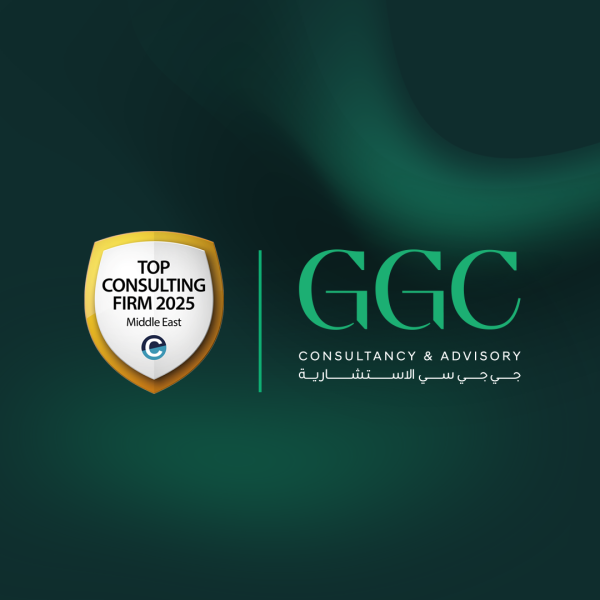Compliance has become more than a legal obligation; it is a strategic imperative. It refers to the act of adhering to laws, regulations, standards, and ethical practices that govern an organization’s operations. It is a fundamental requirement across all sectors and regions, ensuring that organizations operate responsibly, safely, and sustainably.
Global and Sector-Specific Frameworks
Organizations today face a growing number of compliance requirements, ranging from international standards to local laws. These include well-known frameworks such as:
- ISO Standards for quality, environmental, and safety management.
- General Data Protection Regulation (GDPR) for data protection and privacy in the European Union.
- Environmental, Social, and Governance (ESG) Regulations addressing environmental, social, and governance performance.
- Alignment with broader objectives like the United Nations Sustainable Development Goals (UN SDGs).
Compliance can become even more complex in highly regulated sectors such as finance, energy, or healthcare. These industries often face additional layers of oversight, technical specifications, and reporting obligations that require dedicated compliance infrastructure.
The Expanding Scope of Compliance
Compliance today extends beyond legal and technical domains. It includes environmental sustainability, social responsibility, and ethical governance:
- Environmental and Sustainability Compliance
Governments and international bodies are enforcing carbon reduction targets and clean energy mandates. Organizations are increasingly required to reduce reliance on fossil fuels and adopt renewable energy sources such as wind, solar, and innovative clean technologies.
- Social and Ethical Standards
Modern compliance also addresses labor rights, workplace equality, anti-discrimination policies, and responsible sourcing. These aspects are crucial to maintaining stakeholder trust and protecting brand reputation.
- Risks of Non-Compliance
Failure to comply can result in:
- Legal penalties
- Loss of stakeholder confidence
- Reputational damage
- Financial losses
Best Practices in Compliance Management
To navigate this landscape, organizations must adopt a proactive and integrated compliance approach. Key best practices include:
- Establishing a clear compliance policy aligned with legal and sector-specific standards.
- Training employees to understand legal responsibilities and ethical expectations.
- Conducting regular audits and risk assessments
- Leveraging technology for real-time monitoring and reporting.
- Engaging leadership to champion a culture of integrity and accountability.
From Obligation to Opportunity
In an era where transparency and accountability are non-negotiable, compliance is not optional. It forms the foundation of responsible business conduct. Organizations that prioritize compliance strengthen stakeholder confidence, boost resilience, and drive long-term sustainability.
As legal frameworks evolve and public expectations rise, compliance must be seen not as a constraint but as a catalyst. Organizations that embed it into their culture and strategy are not just following the rules; they are leading the way.







